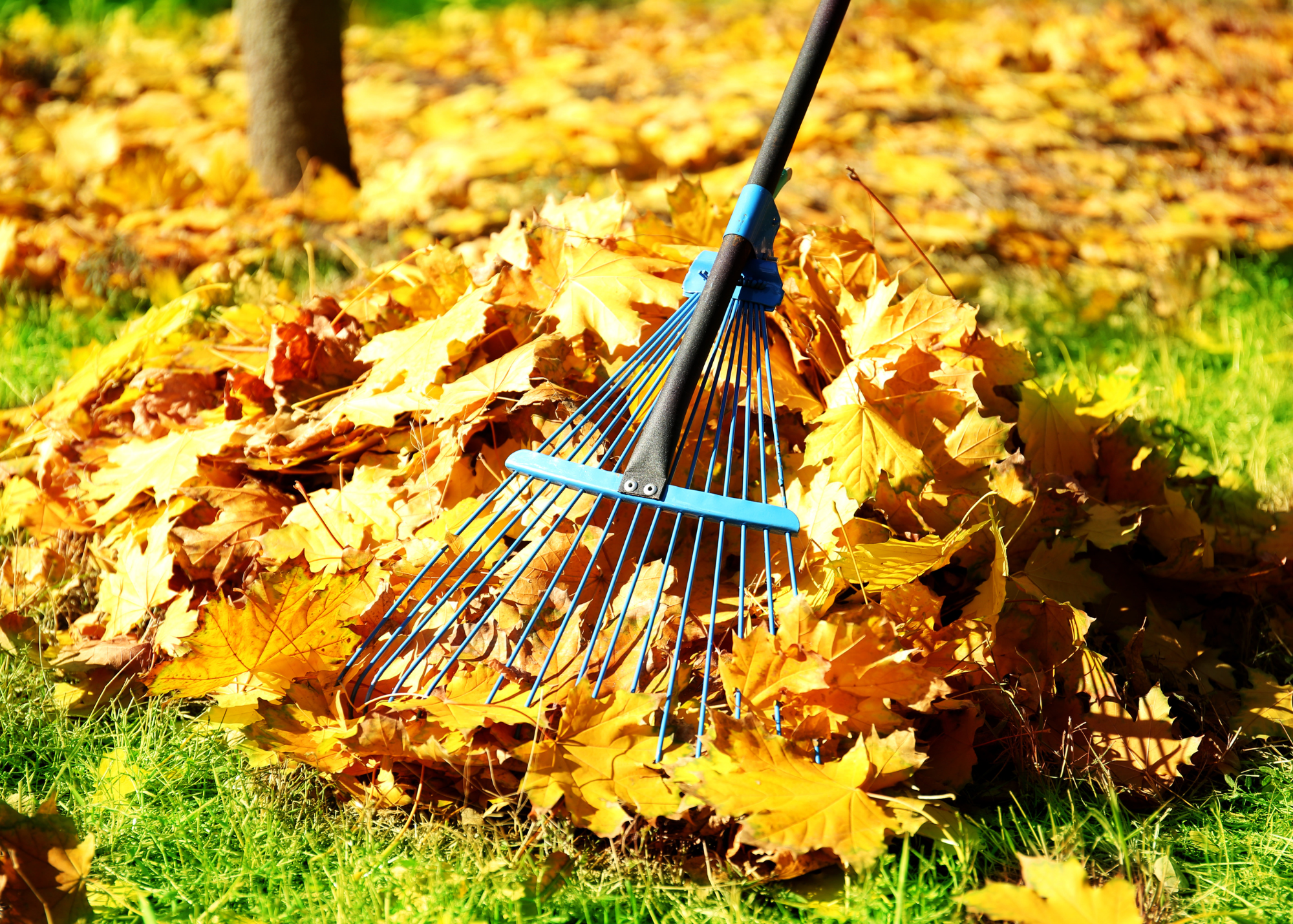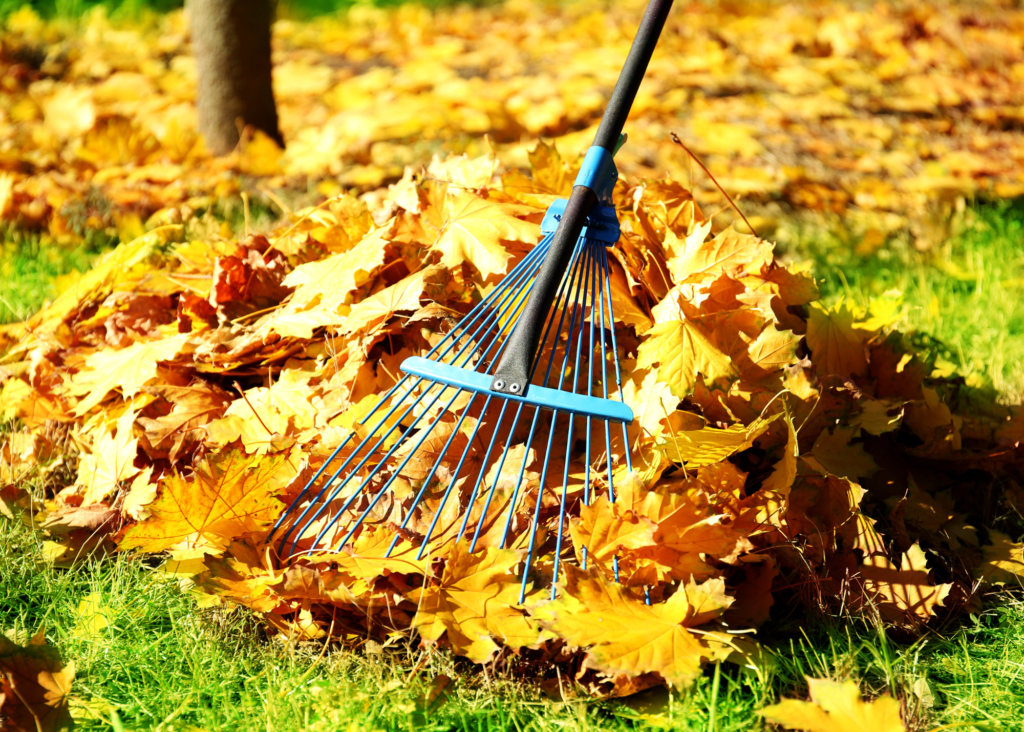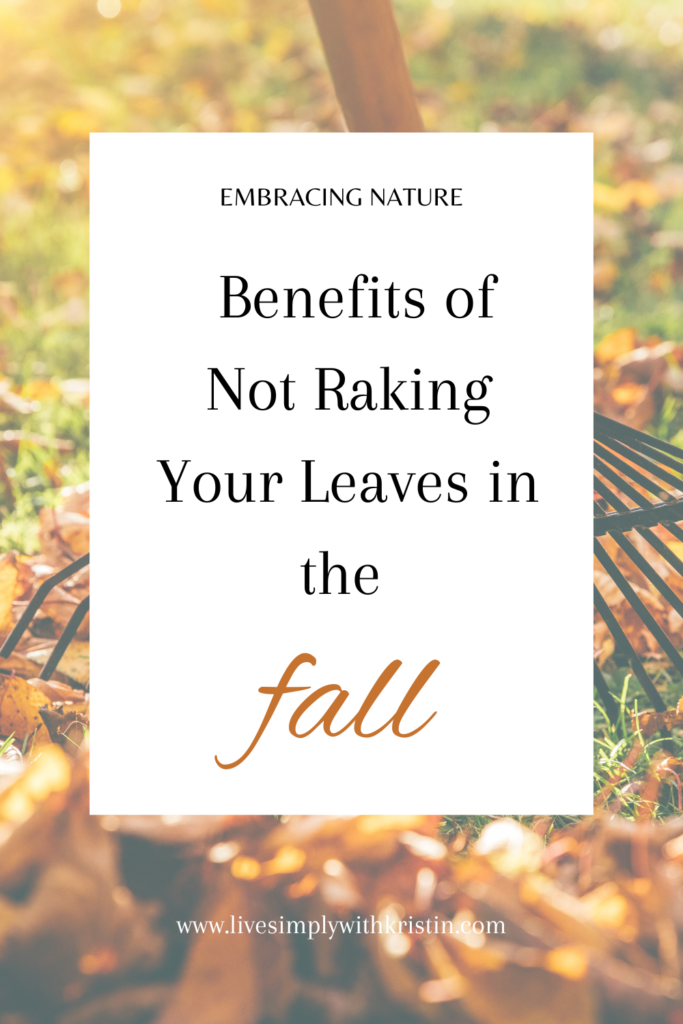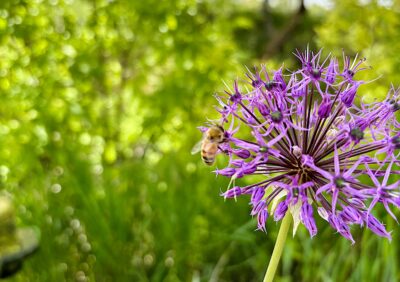
Benefits of Not Raking Your Leaves in the Fall

Embracing Nature: The Surprising Benefits of Not Raking Your Leaves in the Fall
As autumn arrives and trees shed their vibrant foliage, the instinct to tidy up our yards and rake away the fallen leaves kicks in for many homeowners. However, what if I told you that there are surprising benefits to resisting the urge to tidy up and leaving those leaves scattered across your lawn? In this blog post, we’ll explore the advantages of not raking your leaves in the fall and how this simple act can contribute to a healthier and more sustainable environment.
Natural Mulch
One of the primary benefits of leaving your leaves unraked is the natural mulch they provide. As the leaves decompose, they create a nutrient-rich layer that acts as a natural fertilizer for your soil. This layer helps retain moisture, suppress weeds, and improve soil structure. In essence, by allowing nature to take its course, you’re nurturing your lawn from the ground up.
Habitat for Wildlife
A layer of fallen leaves serves as a cozy habitat for bees, a variety of insects, worms, and other small creatures. Many species of butterflies, beetles, and spiders use leaf litter as a protective covering for their eggs during the winter months. Additionally, birds like sparrows and thrushes forage for insects in the leaf litter, contributing to a balanced and thriving ecosystem in your backyard.
Soil Health
Leaving leaves on your lawn promotes biodiversity in the soil. Microorganisms, fungi, and beneficial bacteria thrive in the decomposing organic matter, breaking down the leaves and releasing essential nutrients into the soil. This process enhances soil structure and fertility, ultimately leading to healthier and more resilient plants.
Cost Savings
By refraining from raking and bagging leaves, you can save both time and money. Raking leaves is a labor-intensive task, and the cost of purchasing bags for disposal can add up quickly. Allowing leaves to decompose naturally eliminates the need for these expenses, making yard maintenance more economical and environmentally friendly.
Reduced Environmental Impact
When leaves are raked and bagged, they are often transported to landfills. By leaving your leaves in place, you’re reducing your environmental footprint and contributing to a more sustainable way of managing organic waste.
The benefits of not raking your leaves in the fall extend far beyond the aesthetics of a tidy lawn. Embracing nature’s cycle and allowing leaves to decompose naturally contributes to a healthier, more vibrant ecosystem right in your own backyard. From improved soil health and cost savings to providing habitat for wildlife, the simple act of leaving your leaves unraked is a small step with big rewards for both you and the environment. So, this fall, consider giving up the rake and letting nature do its work. Your lawn—and the planet—will thank you.
Related posts:

Hi!! I’m Kristin McConnell, I am so glad you are here! I am a wife to my amazing husband and a Mom of two fabulous kids. I love gardening, raising chickens, bee keeping and baking sourdough bread!





